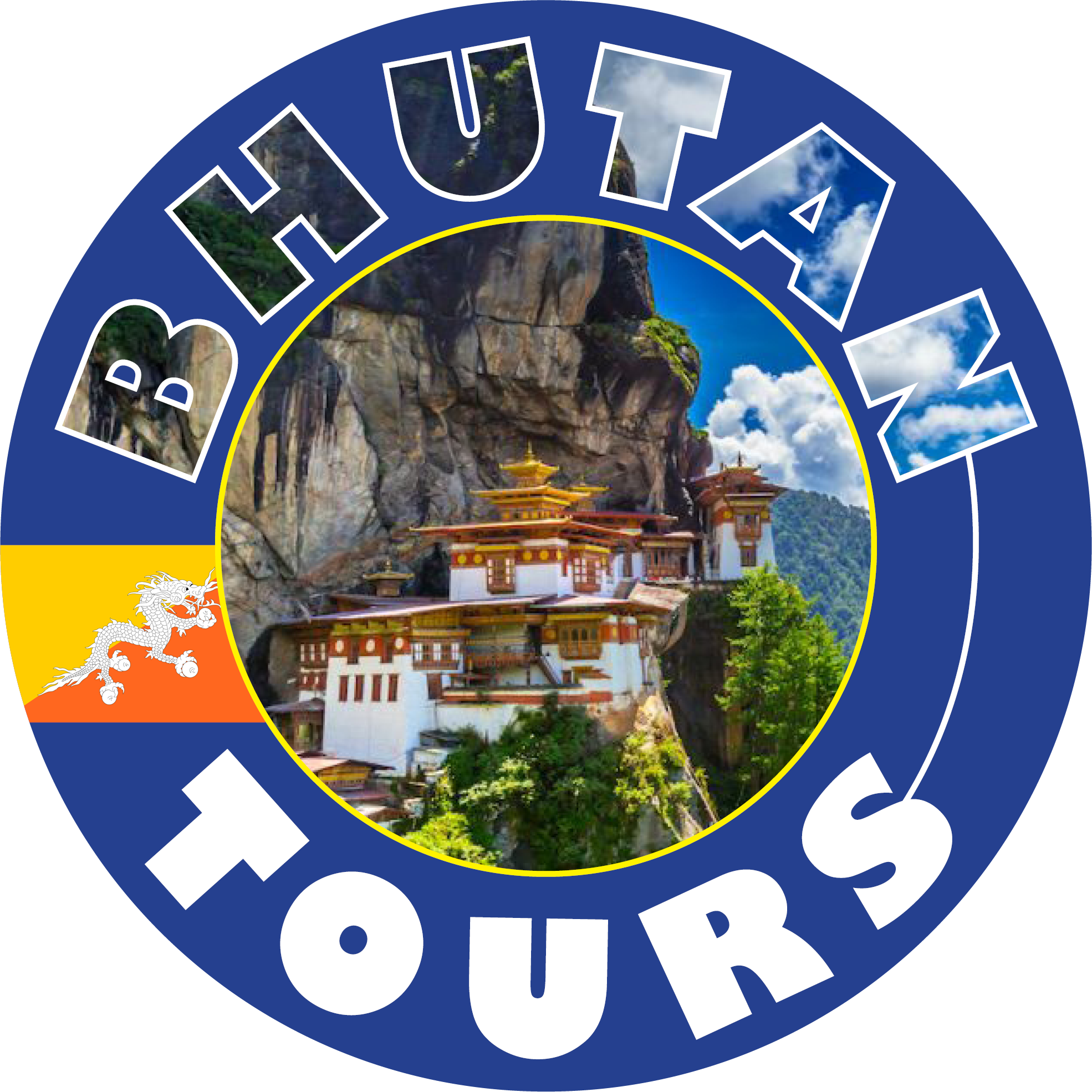Bhutan is a landlocked country located in the eastern Himalayas of South Asia. It also bordered by China to the north and India to the south, east, and west. Here are some info about Bhutan:
- Capital and Largest City: The capital city of Bhutan is Thimphu, which is also the largest city in the country.
- Government: Bhutan is a constitutional monarchy with a parliamentary democracy. The King of Bhutan, currently Jigme Khesar Namgyel Wangchuck, is the head of state, and the Prime Minister is the head of government.
- Gross National Happiness (GNH): Bhutan also known for prioritizing Gross National Happiness over Gross Domestic Product (GDP) as a measure of progress. GNH focuses on well-being, cultural preservation, environmental sustainability, and equitable development.
- Religion and Culture: Buddhism also plays a significant role in Bhutanese society. The majority of Bhutanese people follow Vajrayana Buddhism, and monasteries and religious festivals are important aspects of the culture. The country is also known for its distinctive architecture, characterized by colorful traditional buildings.
- Language: Dzongkha is the official language of Bhutan. English is also widely spoken, and it is the medium of instruction in schools.
- Tourism: Bhutan has a unique approach to tourism to preserve its culture and environment. Visitors required to pay a daily fee and book their trip through an authorized tour operator.
- Natural Beauty: Bhutan known for its stunning natural landscapes, including the Himalayan mountains, lush valleys, and diverse ecosystems. It is home to a wide variety of flora and fauna.
- National Symbol: The national emblem of Bhutan is a circle with two dragons, representing the secular and spiritual power, surrounding a lotus, symbolizing purity.
- Environmental Conservation: Bhutan committed to environmental conservation. The country’s constitution mandates that at least 60% of its land must remain under forest cover.
- Happiness Index: Bhutan often ranks highly on global happiness and well-being indexes due to its emphasis on quality of life and sustainable development.
- Traditional Dress: The national dress for Bhutanese men is the “Gho,” a knee-length robe, and for women, it’s the “Kira,” a floor-length dress.
- Economy: Bhutan’s economy is primarily based on agriculture, hydropower, and tourism. The export of hydroelectric power to neighboring countries is a significant source of revenue.
Conclusion and Summary
Bhutan info about unique cultural heritage, emphasis on environmental sustainability, and commitment to Gross National Happiness make it a fascinating and distinct country in the world.
